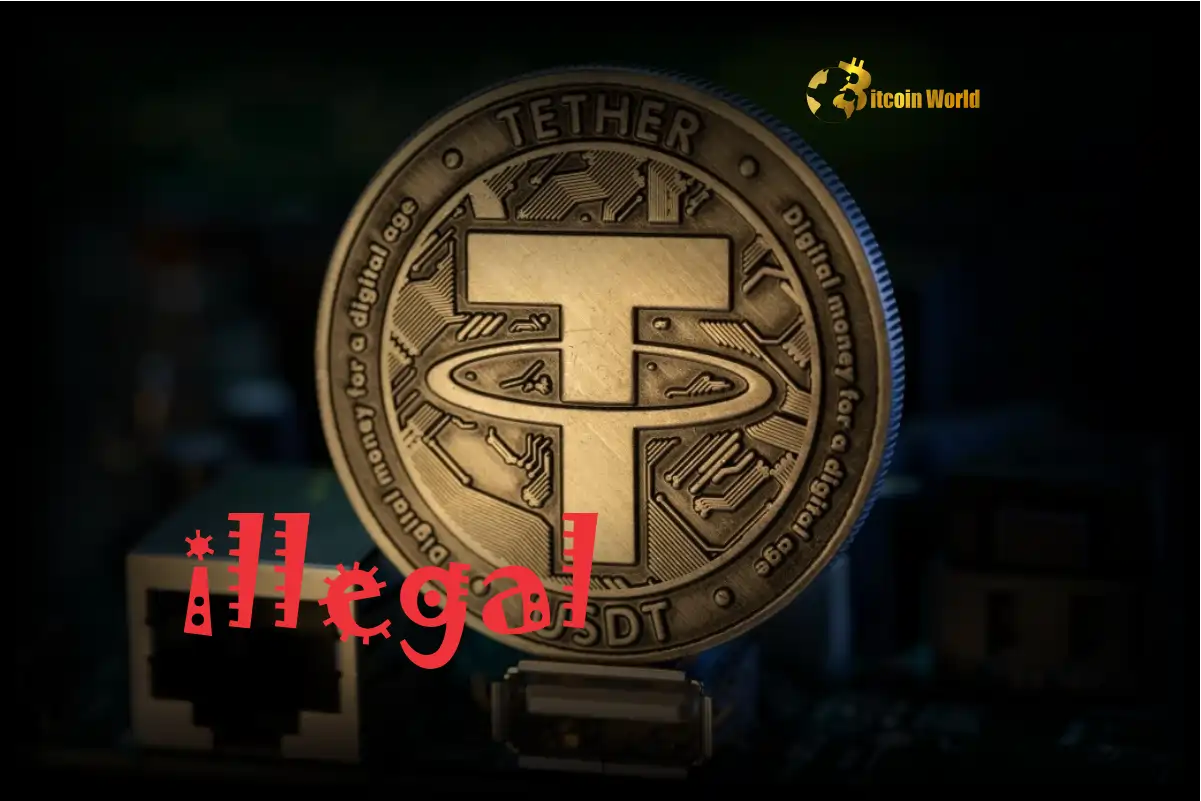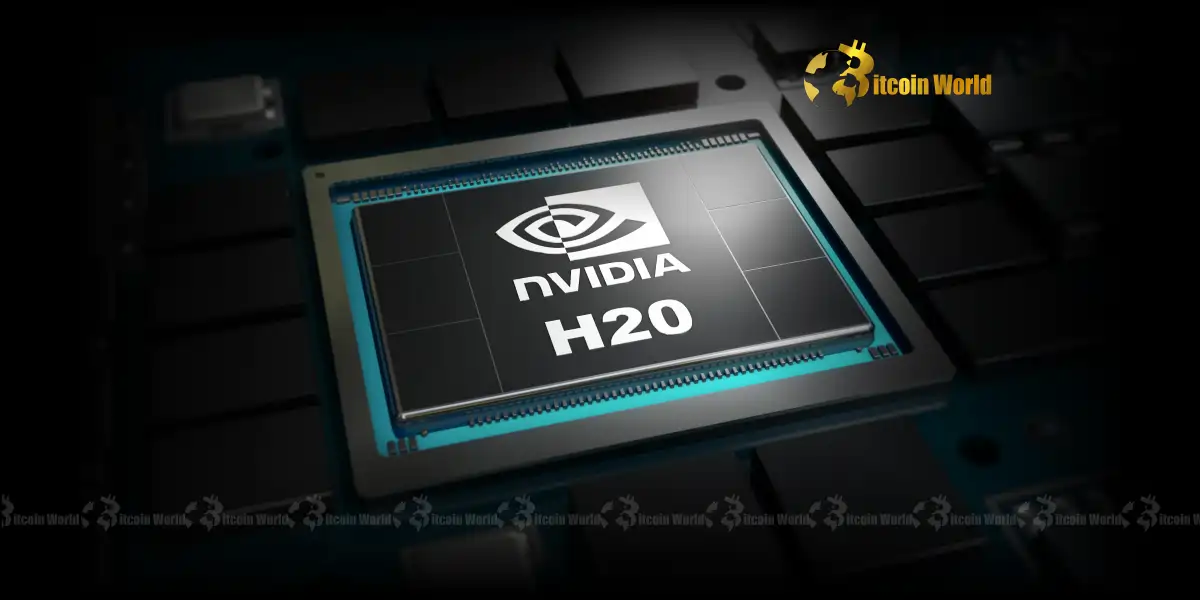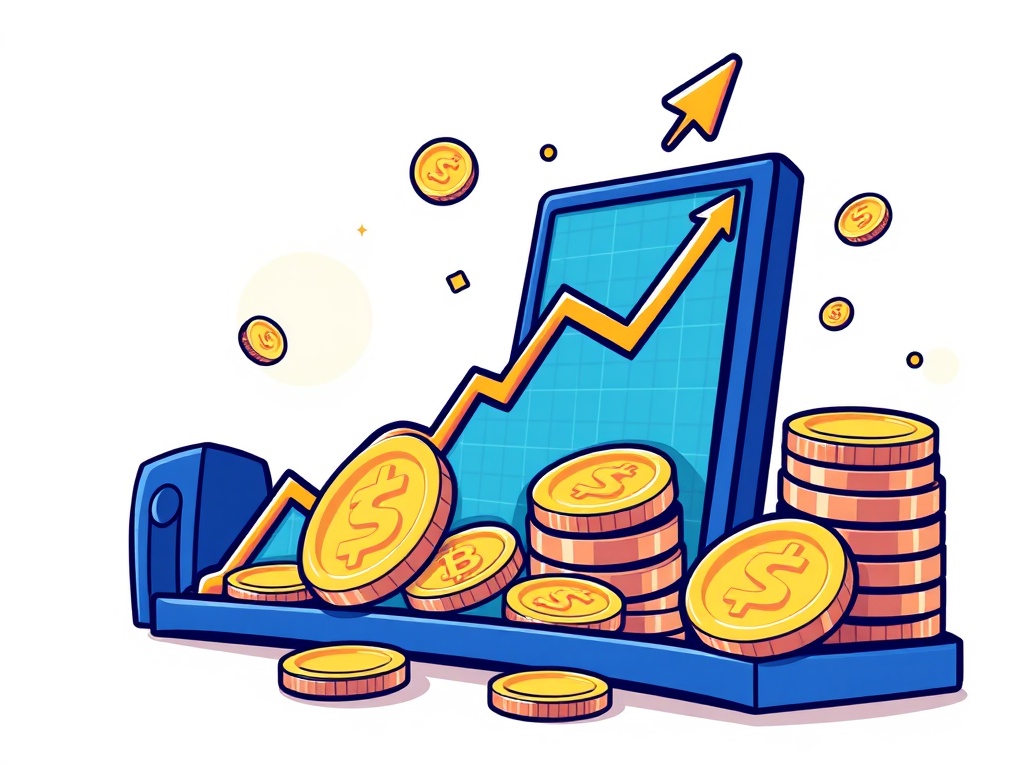BitcoinWorld

AI Steelmaking: How Daniel Liss’s Visionary Leap Transforms Industrial Futures
In an era where tech founders often chase the next digital frontier, Daniel Liss, co-founder of social network Dispo and dating app Teaser AI, has made a truly unexpected pivot: into the world of AI steelmaking. This isn’t just a slight deviation; it’s a bold leap from pixels to pig iron, signaling a profound belief in the power of technology to revitalize foundational industries. For those accustomed to the rapid cycles of social media and apps, Liss’s conviction in the future of heavy industry, particularly steel, presents a fascinating case study in entrepreneurial vision.
What Sparked Daniel Liss’s Unconventional Shift?
Liss’s journey into steelmaking began in an unlikely place: writing op-eds for Bitcoin World about anti-trust enforcement in social media. These commentaries caught the attention of individuals in Washington D.C., leading to an invitation for Liss to guest judge a war game capstone exercise in spring 2023 at the National War College. The scenario, highly relevant to current global dynamics, depicted a struggle for supremacy over Taiwan and the South China Sea between the U.S. and China.
Liss’s critical takeaway from this high-stakes simulation was stark: “Our core supply chain of the arsenal of democracy — literally, the ships that my grandfather fought in — we don’t have the ship-building capacity. If we did, we don’t have the steel to make it.” This realization ignited an intense interest, even an obsession, with the steel supply chain. This newfound focus was the genesis of Nemo Industries, Liss’s latest venture.
Unveiling Nemo Industries: AI’s Foray into Heavy Industry
The core proposition for Nemo Industries seems to merge two significant American concerns: steelmaking capacity and artificial intelligence. Operating in stealth until now, Liss offered Bitcoin World a glimpse into his ambitious plans. The immediate goal is clear: Nemo will leverage AI to optimize the production of pig iron. Liss asserts that the steel industry is significantly outdated, with many plants relying on rudimentary tools like Excel spreadsheets or even clipboards for operations.
While the people running these facilities possess immense expertise, Liss noted that such knowledge doesn’t scale efficiently. This is where AI steps in, offering the potential to standardize, optimize, and streamline processes that have remained largely unchanged for decades. Pig iron, an intermediate product, is crucial for steelmakers to create various alloys, making its efficient production a bottleneck for the entire industry.
The Core of AI Steelmaking: Building for the Future
Nemo Industries isn’t merely developing software for existing steel plants; Liss’s conviction runs deeper. The company plans to construct its own furnaces. This strategic decision stems from Liss’s belief that companies integrating AI from their inception will gain a substantial “20% to 30% margin advantage” over competitors. In an industry as capital-intensive as steelmaking, such a conviction demands significant investment. For context, Hyundai Motor Group recently announced a $6 billion steel plant in Louisiana.
While Nemo’s plant, focused specifically on pig iron, may not reach that colossal figure, the ambition remains grand. Furthermore, Nemo plans to fire its furnaces using natural gas, which produces less carbon dioxide than coal, a common fuel in the iron and steel sector. The company is also exploring carbon capture technologies, a move made more financially viable by tax incentives under the Inflation Reduction Act, which remain largely intact and make such endeavors profitable for Nemo.
Scaling Ambition: How Industrial AI Attracts Big Investments
To realize this ambitious vision, Nemo Industries requires substantial backing. Liss has partnered with Michael DuBose, an investor with a strong background in natural gas, having previously worked at Cheniere Energy and built billions of dollars in LNG infrastructure. This experience is vital for a startup aiming for such scale.
According to PitchBook, Nemo previously secured $28.2 million in funding. The company is currently in discussions with existing investors to raise a $100 million Series A round. Beyond private investment, Nemo has reportedly received offers for over $1 billion in incentives from two southern states, contingent on the company building three plants over 15 years. This is a monumental undertaking, but Liss believes such ambition is necessary to deliver the returns sought by venture capitalists in the basic industries. He points to historical examples like Rockefeller, Carnegie, Mellon, and Frick, whose investments in fundamental sectors yielded immense wealth and shaped the nation’s economic landscape. The dollar amounts in these categories, he emphasizes, are truly significant.
Revolutionizing the Supply Chain: Innovation Beyond Silicon Valley
Liss’s pivot to steelmaking with Nemo Industries is more than just a business venture; it’s a strategic response to a perceived national vulnerability. By focusing on modernizing pig iron production through advanced Industrial AI, Nemo aims to bolster the foundational elements of the industrial supply chain. This effort goes beyond mere efficiency gains, addressing critical needs for national security and economic resilience. The company’s innovative approach, combining deep industry knowledge with cutting-edge AI, exemplifies how foundational industries can be revitalized and made competitive on a global scale. This is a testament to the idea that true innovation isn’t confined to digital products but can profoundly impact the physical world, creating robust and reliable supply chains for the future.
Daniel Liss’s leap from the ephemeral world of social media to the tangible realm of steelmaking with Nemo Industries is a powerful testament to the transformative potential of AI steelmaking. By addressing a critical supply chain weakness and injecting modern technology into an age-old industry, Nemo Industries is poised to make a significant impact. It’s a compelling narrative of how visionary entrepreneurship, fueled by a deep understanding of both technology and strategic national needs, can forge new pathways for growth and resilience.
To learn more about the latest AI market trends, explore our article on key developments shaping AI innovation.
This post AI Steelmaking: How Daniel Liss’s Visionary Leap Transforms Industrial Futures first appeared on BitcoinWorld and is written by Editorial Team





